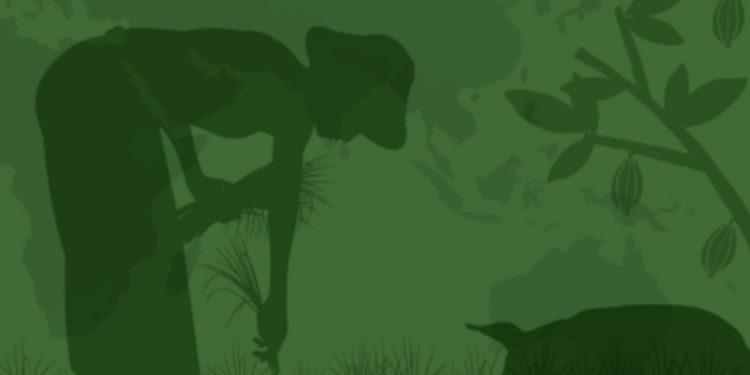The Food, Agriculture, Biodiversity, Land-Use, and Energy Consortium has said 2021 will be Super Year for food systems in its new report.
Fable’s second report provides guidance for sustainable land-use and food systems for 20 countries.
It says we are heading towards a “super year” for sustainable land-use and food systems in 2021 with:
- China hosting the UN Biodiversity Conference in Kunming
- The United Nations hosting a Food Systems Summit in New York
- The UN Climate Change conference in Glasgow, UK
The three meetings provide an opportunity to accelerate change, the reports says.
There have been encouraging policy commitments from major economies, including Indonesia’s third consecutive year of falling deforestation rates.
China, the European Union, Japan, South Korea, the UK, and others have committed to net-zero greenhouse gas emissions around mid-century. And leaders from 77 countries plus the the EU have committed to reversing biodiversity loss by 2030.
The report supports these pledges with analysis and plans for meeting the targets in land-use and food, particularly in relation to biodiversity where ambitious targets have not been achieved.
2020’s crises were predicted, and they will get worse under business as usual
It highlight’s the EU’s efforts, which include the European Green Deal with a comprehensive Farm to Fork Strategy. This covers the food and land-use system, including international spillovers.
The report says countries have at least four critical levers for making land-use and food systems sustainable:
- Dietary shifts – often towards less meat consumption and less over consumption
- Sustainable and productive agriculture
- Improved land-use design, particularly for protecting and restoring nature
- Rapid reductions in food loss and waste
The report illustrates each lever with specific examples.
It says 2020’s crises were predicted, and they will get worse under business as usual.
This year saw:
- The largest ever recorded wildfires across Australia, Siberia, the Amazon, and the western US
- A major coral bleaching event is underway in the Pacific driven by global warming
- A catastrophic locust plague has been decimating food supplies in East Africa, the Arabian Peninsula, and South Asia
- And the Covid-19 pandemic exacerbated the vulnerabilities of food systems, threatening livelihoods, undermining food security, and worsening environmental destruction
The report goes on to say hidden costs in current land-use and food systems often exceed the value of all agricultural products produced in a region.
It says developed countries must mobilise additional finance, with a particular focus on nature-based solutions and biodiversity co-benefits.
Its findings suggest that strategies across food production, biodiversity, climate, and diets can meet the objectives of the Paris Agreement and the Sustainable Development Goals (SDGs), with hard work.























